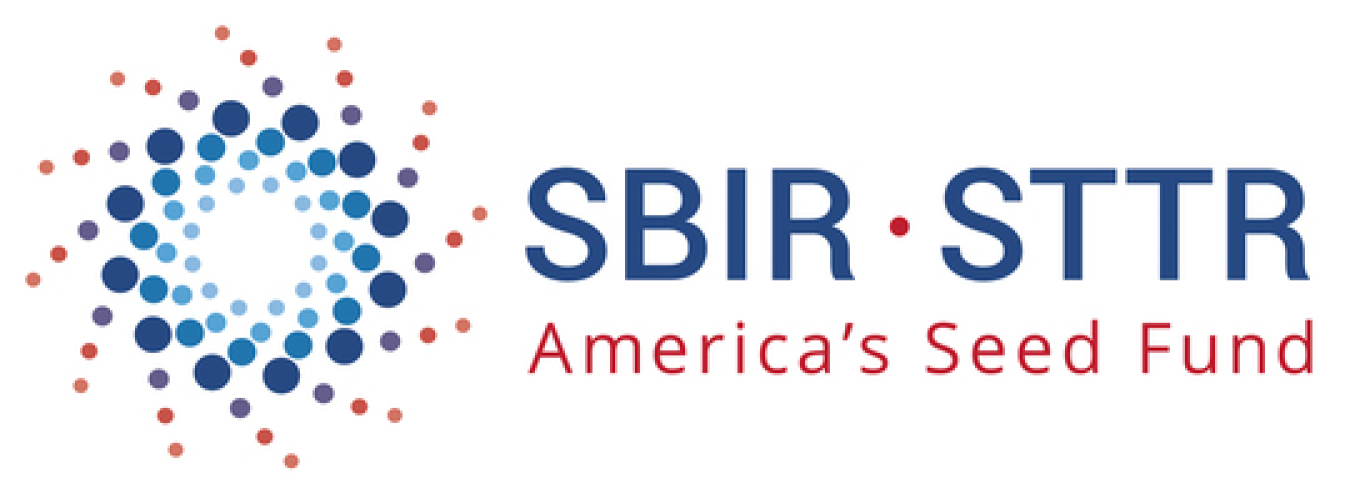The U.S. Department of Energy (DOE) opened new funding to small businesses for innovative clean energy technologies as part of its Small Business Innovation Research and Small Business Technology Transfer (SBIR/STTR) programs.
January 23, 2024
The U.S. Department of Energy (DOE) announced new funding to small businesses for innovative clean energy technologies as part of its Small Business Innovation Research and Small Business Technology Transfer (SBIR/STTR) programs. Eligible small businesses can apply to receive up to $200,000 to test their innovative research ideas over 12 months. Small businesses that win SBIR/STTR awards keep the rights to any technology developed and are encouraged to commercialize the technology.
The DOE Office of Energy Efficiency & Renewable Energy is supporting 45 different SBIR/STTR research topics across its three technology sectors: transportation, renewable energy, and energy efficiency. The topics funded by the Bioenergy Technologies Office (BETO) will advance its mission to develop and demonstrate technologies to accelerate the reduction of greenhouse gas emissions through the cost-effective, sustainable use of biomass and waste feedstocks across the U.S. economy. BETO topics include:
- Topic 13a. Sustainable Biomass Conversion to Bio-based Materials
BETO supports efforts to decarbonize the industrial sector to produce cost-effective and sustainable chemicals, materials, and processes utilizing biomass and waste resources. Specifically, the Bioenergy Technologies Office has a goal to enable commercial production of >10 renewable chemicals and materials with >70% GHG reduction compared to petroleum-derived counterparts. Many incumbent materials and durable goods pose sustainability challenges including the use of hazardous chemicals during manufacturing, reliance on fossil fuel feedstocks, and do not consider end-of-life fate. Regulations are emerging in the United States and worldwide that necessitate sustainable replacements to commonly used materials such as foams, adhesives, resins, and others.
This topic is focused on converting sustainable biomass and waste feedstocks to bio-based materials. Applicants should refer to the topic requirements below for allowable feedstocks. Biochemical, chemical, and electro catalysis conversion processes are eligible to apply that utilize either bio-derived intermediates (e.g. cellulosic sugars, lignin, bio-oils) or minimally processed biomass (e.g. biorefinery lignin, cellulose). In addition, processes for purification or recovery of biomaterials are eligible to apply, recognizing that product separations are a significant economic and sustainability driver.
- Topic 13b. Alternative Uses of Commercial Equipment (ACE)
As part of the Government’s comprehensive strategy to decarbonize all modes of transportation, BETO is primarily focused on RD&D to produce “drop-in” biofuels from renewable biomass and waste resources that are compatible with existing fueling infrastructure and difficult-to-electrify modes of transportation including aviation, maritime, rail, and medium-to-heavy duty off-road vehicles. This multi-faceted approach is part of the Administration’s strategy to spur the development of homegrown renewable biofuels, which is critical to expanding Americans’ options for affordable fuel in the short-term and to building real energy independence in the medium- to long-term by reducing our reliance on fossil fuels.
One of the major barriers to deploying new low-carbon based biofuel pathways is the efficient preprocessing of the starting biomass feedstocks to ensure it can easily, and relatively inexpensively, be biologically or thermochemically converted into biofuels, co-products, and biointermediates. While progress had been made on preprocessing unit operations, such as hammer and knife mills, new feedstocks are entering the R&D pipeline that may require new preprocessing methods to meet the specifications of the conversion process. Rather than developing new equipment, the intent of this topic is to test commercially available equipment, with minor or major modifications, to demonstrate preprocessing of biomass and waste feedstocks.
To learn about the topics and grant application requirements, please view the Topic Description Document and Phase 1 Release 2 FY24 Funding Opportunity Announcement (FOA).
Critical program due dates, as well as informational webinar recordings related to the topics, may be found on the SBIR/STTR Funding Opportunities web page. Small businesses interested in applying to this FOA must submit a Letter of Intent to be eligible to submit a full application. Letters of Intent are due no later than February 2, 2024, at 5:00 pm ET, and Application submissions are due no later than March 12, 2024, at 11:59 pm ET.
Learn more about bioenergy small business funding and how to prepare and submit a DOE SBIR/STTR Phase 1 Letter of Intent. Additional support for first-time applicants is available through the DOE Phase 0 program.

